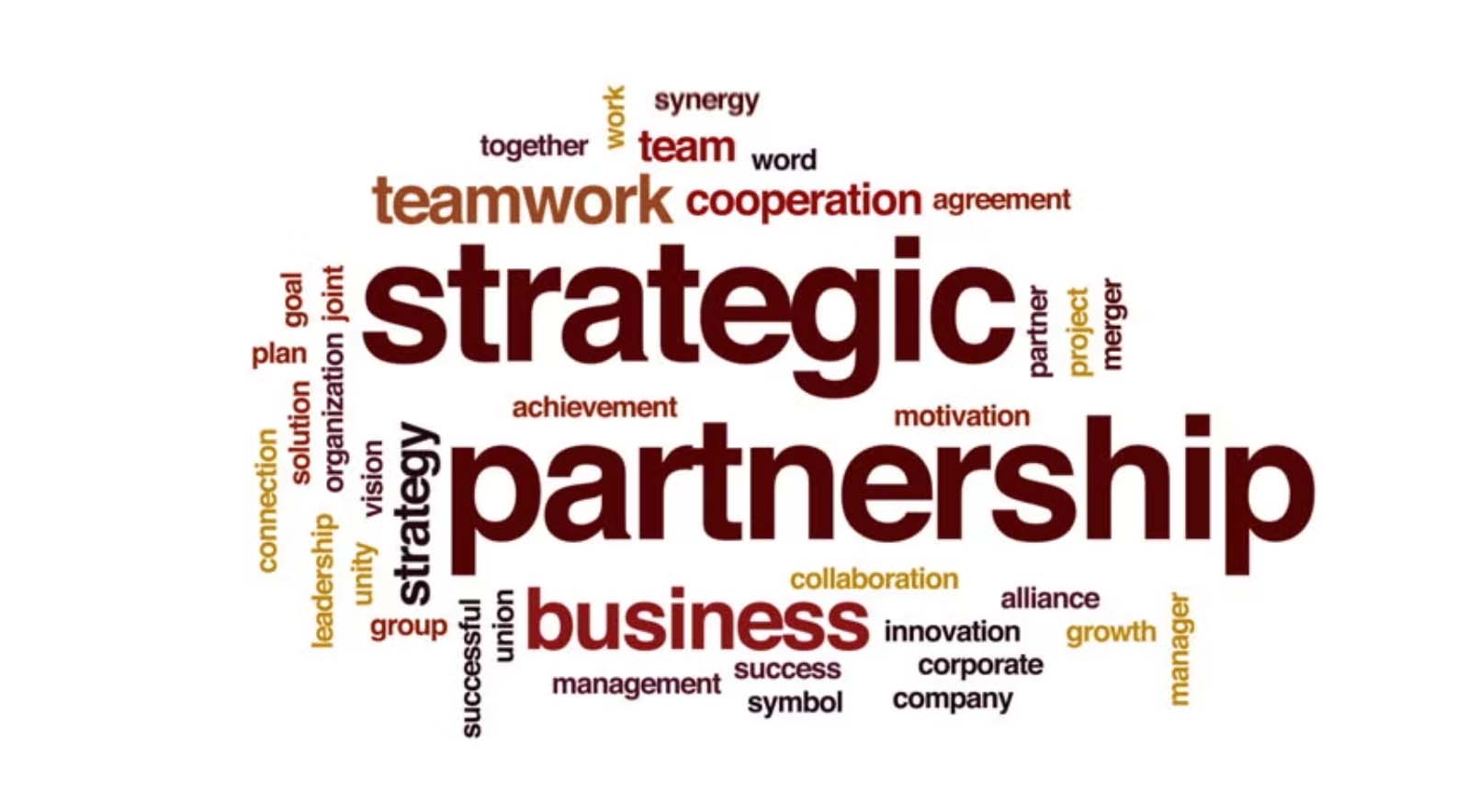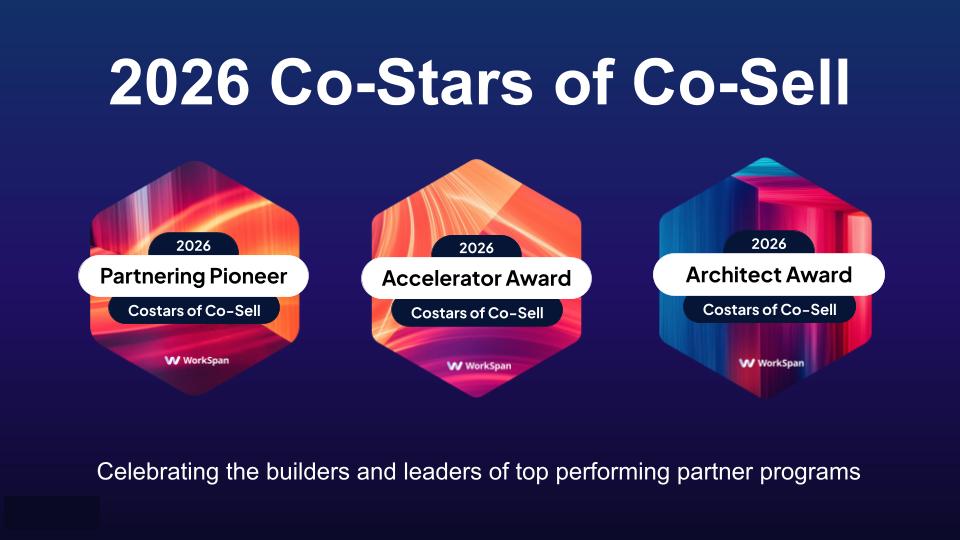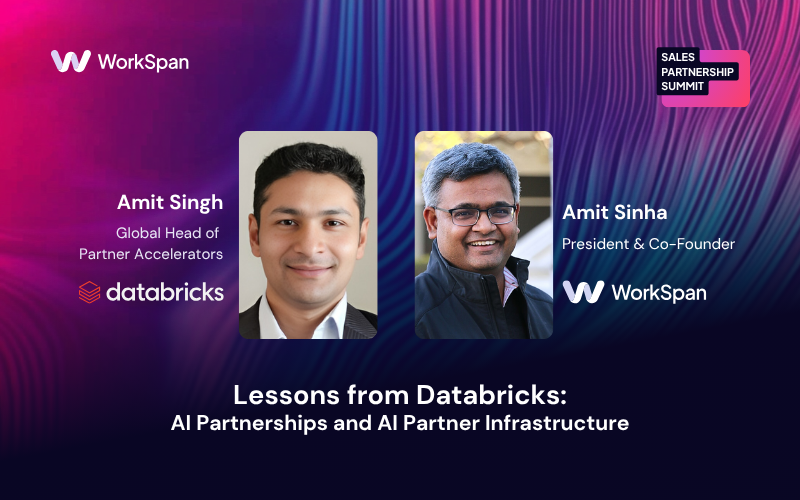
With the new age of digital transformation, many companies are looking to provide a platform with extensibility, this is to create complementary products and integrations with other systems in order to increase the top line and create stickiness around their product. Here I am focusing on Tech partners who build solutions on top of your platform and provide robustness to your solutions, the partners can be categorized as below :
- Independent Software Vendors (ISV's)
- Service Providers (SP's)
- Open Source community developers (OSD's)
There can be further categorizing as per industry and expectations from the partner ecosystem.
Now moving ahead with the important thing of narrowing down principles on partner strategy :
One to One Collaboration
Each partner is unique in the value they can provide, and so they should be treated individually. A dedicated Partner Manager can drive the strategy towards success by having a personalized connection with each of the partners, and building GTM strategy, new solutions, demand generation, and future case studies.

This one to one relationship goes long when we talk about sustainability and great work collaborations and executing the vision and mission of the product with authority
Experience for the Partner Community
Every company focuses on great employee experience or Customer experience however it is equally important to have great experience for their partners, as they are your extended business arm. Companies should make life easier for the partners to build solutions, get deals, close deals and be open about their future plans for more native collaboration. This will foster the culture of innovation with the partners for the product and they will feel respected and listened to.

Some of the examples I can think
- Flexible Legal policies and simplified onboarding
- Equip them with all the materials and have a good onboarding experience
- Help them in co-pitching the deals or technically while building solutions, put your skin in the game
- Giving them early access to your product for upcoming features and functionalities and competitive advantage
Having a Partner Portal with all the above will be great but it won't be a show stopper
Returns
Every partner ecosystem is fueled by ROI, either shared or by implementing product services. It is really important to have a transparent and clear revenue plan so that the partner understand what they will be compensated for the work they are doing. Returns not directly mean paying them dollars share but there are many other ways.

For an ISV's, they might be looking at co-selling opportunities or building their sales pipeline, or co-marketing activities to enter into new markets
For OSD's, It can be for growing their open-source profiles and establishing themselves as a community contributor or being the champion or MVP of your product.
For SP's, it is definitely revenue(that's their business model) sharing but alongside having good collaboration to get more leads and Implementation case studies.
There can be a lot of other motivations, let's discuss in comments if you would like.
To Summarize,
There are multiple factors that determine the success of Partner Ecosystem strategy, but it is important and the fundamental things are to provide them with all relevant tools, have transparency, build things together and for them and compensate them, keeping in mind the best possible partner experience you can provide, in order to have long term relationship and success stories.
Happy Partnering!!!
Heading
Heading 1
Heading 2
Heading 3
Heading 4
Heading 5
Heading 6
Lorem ipsum dolor sit amet, consectetur adipiscing elit, sed do eiusmod tempor incididunt ut labore et dolore magna aliqua. Ut enim ad minim veniam, quis nostrud exercitation ullamco laboris nisi ut aliquip ex ea commodo consequat. Duis aute irure dolor in reprehenderit in voluptate velit esse cillum dolore eu fugiat nulla pariatur.
Block quote
Ordered list
- Item 1
- Item 2
- Item 3
Unordered list
- Item A
- Item B
- Item C
Bold text
Emphasis
Superscript
Subscript



.png)

